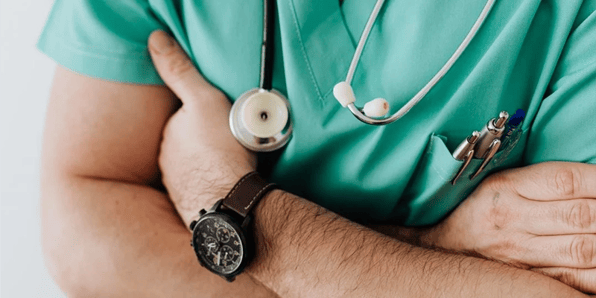How Your Caregivers Can Improve Their Communication Skills

Your caregivers are often responsible for much more than just daily living tasks, they provide emotional support to their clients. The client may be feeling lonely, sad, uncomfortable, or unwell and it can be difficult to navigate these feelings with no training. The caregiver may not know what to say or do to make them feel heard. Below are some tips on how your caregivers can improve their communication skills when speaking to their clients.
1. Listen
Listening is one of the most important skills to learn. In order to understand the patient’s needs, the caregiver must be willing to take the time and focus on what the client has to say. It would be a good idea to dedicate time to let the client sit down and speak with their caregiver on any topic of their choice.
2. Ask Questions
Not every client is willing to easily divulge their thoughts and feelings, so don’t feel discouraged if the conversation isn’t always great. It’s important to get to know the client. Open ended questions are a good way to keep the conversation going. Feel free to ask emotion related questions during your visit such as “how are you feeling today”.
3. Pay Attention to Nonverbal Cues
Sometimes saying nothing at all can be louder than actually speaking. Look at your client’s body language and interpret the meaning. These can clue you in on how the patient is feeling so you can respond appropriately.
4. Be Positive
Don’t let your client harbor on things that they can no longer do now that they’re older. Focus on the things they are capable of doing and make it an enjoyable experience for them. Try to make everyday tasks fun and help them with activities that they enjoy. Being positive can lift the spirits of those around you.
5. Make Eye Contact
When speaking to your client or listening to what they have to say, a little eye contact can go a long way. You may be busy doing other tasks, but make it a point to always give eye contact when speaking or being spoken to. It lets the other participant know you are listening and that you care about what they have to say.
6. Show Empathy
Put yourself in your clients shoes when they are discussing an issue or concern. It will be easier to understand where they are coming from. This will give you insight on how you can provide better care in order to fix the problem.

Help Your Caregivers Improve their Communication Skills with CareTime
In CareTime you have the ability to design and create custom forms. These come in handy when you need to gather information on any situation or topic. Forms can be assigned to all jobs or specific jobs. You could create your own “Getting to Know You” form with a list of questions and discussion points that the caregiver can go over with their client. The answers can be recorded for future reference.
You can also provide daily or weekly conversation topics to your caregivers. It can be hard to think of interesting discussion points at times, so having a few on hand would be helpful. These messages along with any other information you want to send out to your caregivers can be sent through our Agency Messaging module. Messages can be sent to all caregivers or certain caregivers.
Blog Post Tags
Caregiver Recruitment and RetentionGet Awesome Content Delivered Straight to Your Inbox!
Posts by topic
- Home Care Management
- EVV software
- Electronic Visit Verification (EVV)
- billing
- Caregiver Recruitment and Retention
- payor types
- Home Care Management for Franchises
- Revenue Growth
- Compliance
- Revenue Cycle Management
- Business
- medicaid
- Medical Billing Software
- Medicare
- payor
- Press Release
- Homecare Homebase
- Marketing & Sales
- RCM
- Scheduling
- caregiver registry
- cdpap
- legislation
- regulations
- Events
- Lifestyle
- Operations
- leadership
- partners
- referrals See All See Less

.png?width=620&height=620&name=Grow-Your-Caregiver-Network-eBook-Download%20(1).png)


